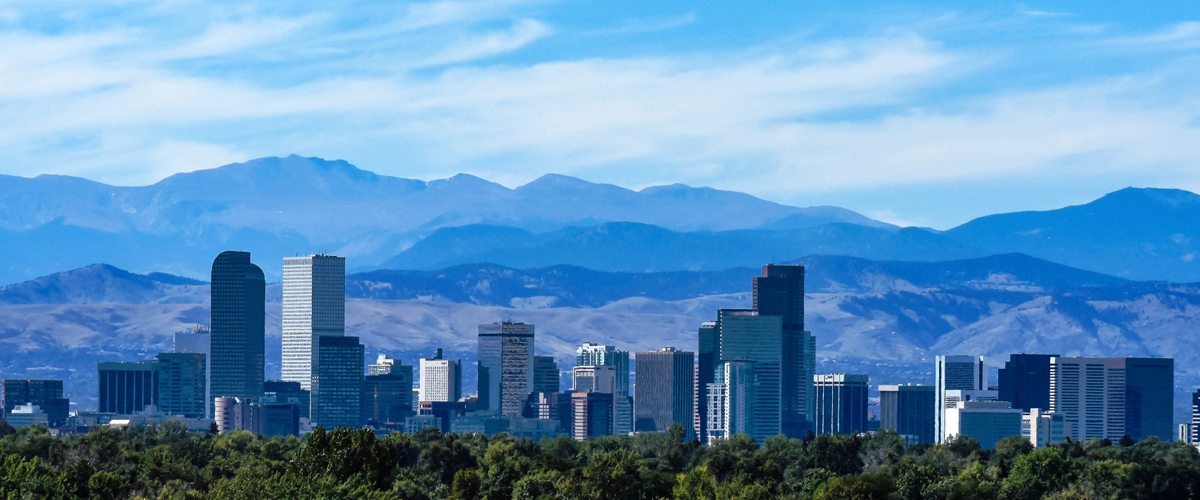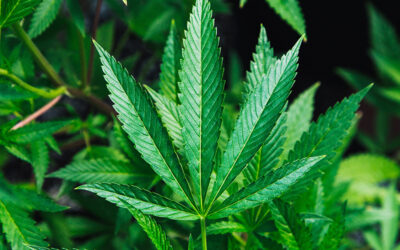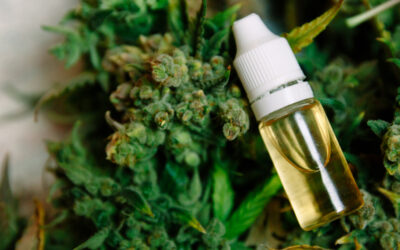Updated August 2019
Colorado is one of the most liberal states in the U.S. in regards to its attitude toward cannabis. Colorado voters approved Amendment 64 to legalize the sale, cultivation, and possession of recreational marijuana in 2012. Having already passed comprehensive medical marijuana legislation, the legal marijuana market in Colorado reached over $1 billion dollars in 2016. Learn more about Colorado marijuana laws below.
Recreational Marijuana in Colorado
Colorado legalized recreational marijuana for adults aged 21 and older in November 2012. Under the law, adults can legally sell, possess, or transport up to 1 ounce of marijuana. The consumption of marijuana must be done in private or in certain licensed businesses where social consumption is permitted. In 2019, Colorado Gov. Jared Polis signed a series of marijuana bills into law taht allow marijuana home delivery and social cannabis lounges.
According to Colorado marijuana laws, being caught with marijuana quantities of more than 1 ounce to 2 ounces is considered a petty offense and susceptible to a maximum fine of $100. Possessing 2 to 6 ounces of marijuana is a misdemeanor and punishable to a maximum fine of $700 and incarceration of up to 12 months. Possessing 6 to 12 ounces of marijuana is also a misdemeanor, punishable to a maximum fine of $5,000 and incarceration of 6 to 18 months. Possessing more than 12 ounces of marijuana is a felony, punishable to incarceration of 1 to 2 years and a maximum fine of $100,000.
Medical Marijuana in Colorado
Medical marijuana has been legal in Colorado since 2001. With the written approval from a physician, patients can legally use, possess, and cultivate marijuana under the law.
Patients can possess up to 2 ounces of usable marijuana and up to 6 cannabis plants. They should always keep their doctor’s documentation on hand to avoid arrest.
Colorado’s medical marijuana law expands legal access to minors, provided they have parental consent. As of June 2016, schools in Colorado are required to allow students access to medical cannabis while on school grounds after Gov. John Hickenlooper signed “Jack’s Law.”
Approved conditions in Colorado are as follows:
- Autism Spectrum Disorders
- Cachexia or Wasting Syndrome
- Cancer
- Chronic Pain
- Epilepsy and other Seizure Disorders
- Glaucoma
- HIV or AIDS
- Multiple Sclerosis
- Nausea
- Opiate Replacement (“Any Condition for Which a Physician Could Prescribe an Opiate”)
- Post-Traumatic Stress Disorder (PTSD)
Other conditions are subject to approval by the Colorado Board of Health.
Consumption of CBD from Hemp Oil in Colorado
Hemp-derived CBD products are legal under Federal Law in the United States; however, individual state laws are dynamic and fluid. Individual states may enact their own laws governing hemp-derived CBD.
Cultivation of Cannabis in Colorado
Colorado marijuana law allows individuals to grow up to six marijuana plants on their properties for both medical and non-medical purposes. However, just three of the plants can be mature at any one time. Trimmings from these plants can be shared with adults over 21 without financial remuneration.
The state has also legalized the cultivation of hemp by farmers licensed by the Colorado Department of Agriculture.
Legal Status of Other U.S. States
Stay up to date on the latest state legislation, referendums, and public opinion polls. Our Marijuana Legalization Map allows you to browse the current status of medical and recreational marijuana laws in other U.S. states and territories.
Sources
- https://en.wikipedia.org/wiki/Legality_of_cannabis_by_U.S._jurisdiction#.C2.A0
- http://medicalmarijuana.procon.org/view.resource.php?resourceID=000881#
- http://norml.org/legal/item/colorado-legalization?category_id=1582
- http://denver.cbslocal.com/2016/06/07/jacks-law-medical-marijuana-in-schools-bill-signed-by-governor/
- https://www.colorado.gov/pacific/sites/default/files/CHED_MMR_Report_August_2016_Statistics_092016_1.pdf
DISCLAIMER: The information contained in this website is for general information purposes only; it does not constitute legal advice. Although we endeavor to keep the information up to date and correct, we make no representations or warranties of any kind, express or implied, about the completeness, accuracy, reliability, suitability or availability with respect to the website or the information, products, services, or related graphics contained on the website for any purpose. Therefore, any reliance you place on such information is strictly at your own risk.






